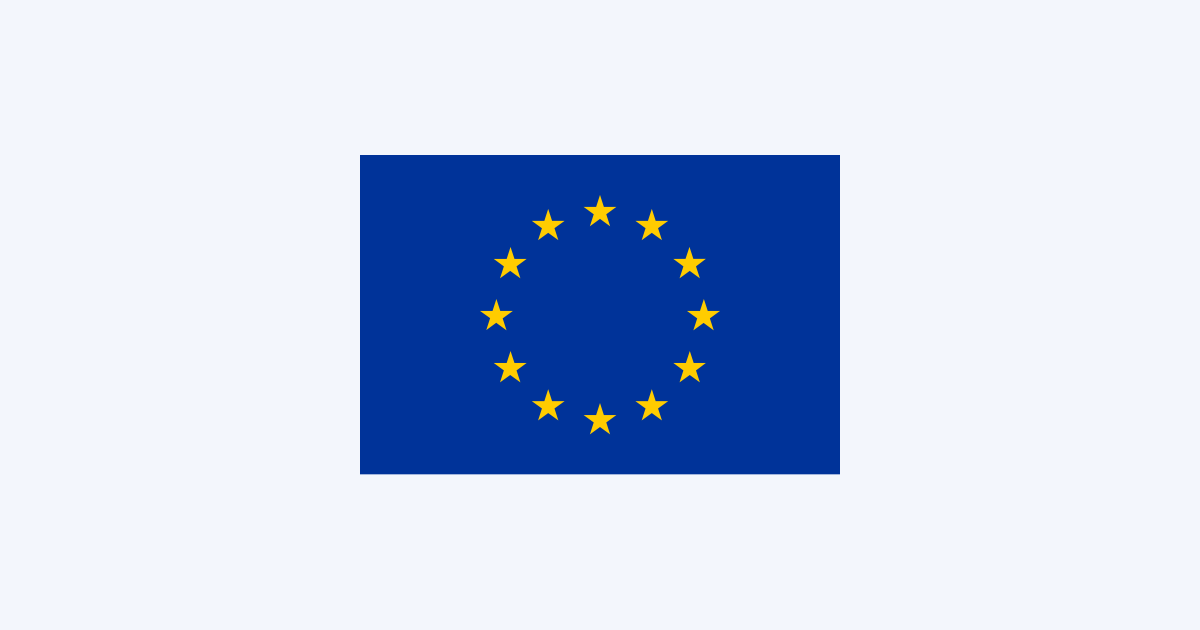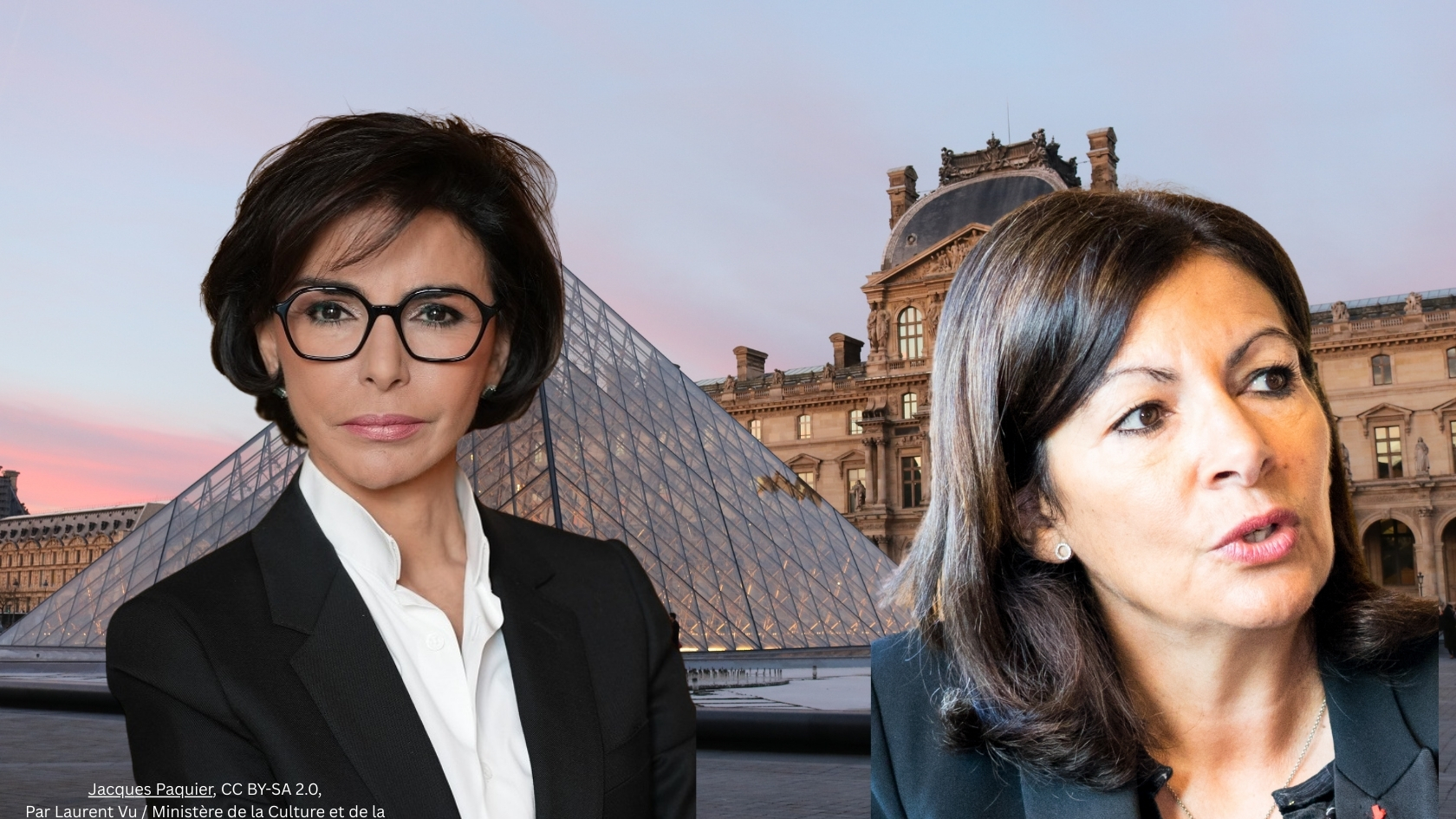Politics
EU Council Approves ‘Stop-the-Clock’ Mechanism: A Bold Step Towards Simplification and Competitiveness

In a landmark decision aimed at streamlining EU regulations and bolstering competitiveness, the Council of the European Union has given its final approval to the much-anticipated “Stop-the-clock” directive. This pivotal move seeks to ease the regulatory burden on businesses by postponing key sustainability reporting and due diligence deadlines, providing much-needed legal clarity in an increasingly complex legislative landscape.
The directive forms part of the Commission’s broader “Omnibus I” package, unveiled in February 2025, which aims to simplify existing EU legislation in the field of sustainability. The fast-tracked adoption underscores the urgency with which EU policymakers are addressing calls from businesses for reduced red tape and greater certainty over compliance obligations.
A Timely Intervention for Businesses
At the heart of this initiative lies the recognition that overly complex rules can stifle innovation and hinder economic growth. By delaying the entry into force of certain provisions under the Corporate Sustainability Reporting Directive (CSRD) and the Corporate Sustainability Due Diligence Directive (CSDDD), the EU is granting companies additional breathing room to adapt to new requirements.
For large enterprises yet to begin their sustainability reporting journey, as well as listed small and medium-sized enterprises (SMEs), the application of CSRD requirements will now be pushed back by two years. Similarly, the transposition deadline and initial phase of implementation for the CSDDD—applicable to the largest corporations—will see a one-year extension. These adjustments not only provide immediate relief but also allow lawmakers time to refine these directives further, ensuring they align more closely with business realities.
Adam Szłapka, Poland’s Minister for the European Union, hailed the development as a critical milestone in the EU’s drive to cut bureaucratic hurdles. “Today we delivered on our promise regarding simplification of EU laws,” he stated. “The fast adoption of this directive is an important first step towards cutting red tape, providing legal certainty to our companies, and making the EU more competitive.”
A Broader Push for Regulatory Streamlining
This latest measure builds upon earlier commitments made by EU leaders to create a leaner, smarter regulatory framework. In October 2024, the European Council issued a clarion call for action, urging all stakeholders to address challenges highlighted in influential reports authored by Enrico Letta (“Much more than a market”) and Mario Draghi (“The future of European competitiveness”). Their insights underscored the pressing need to reduce administrative burdens, particularly for SMEs, while fostering a business-friendly environment conducive to growth.
The Budapest Declaration, adopted in November 2024, crystallized this vision into a tangible agenda, coining the phrase “launching a simplification revolution.” It called for sweeping reforms to ensure clear, simple, and efficient regulation—an ethos reflected in the swift progress achieved on the “Stop-the-clock” mechanism.
What Comes Next?
With today’s formal adoption, the legislative act will soon appear in the EU’s Official Journal and take effect the day after publication. Member states must incorporate the directive into national law by December 31, 2025. Meanwhile, co-legislators remain tasked with advancing substantive amendments to both the CSRD and CSDDD, ensuring these frameworks strike the right balance between ambition and feasibility.
Leaders have emphasized the importance of concluding work on the Omnibus packages promptly, reflecting their commitment to maintaining momentum. As recently as March 2025, EU heads reaffirmed their resolve to prioritize simplification efforts, urging legislators to finalize the “Stop-the-clock” mechanism no later than June 2025—a target that has now been successfully met.
A Win-Win for Competitiveness and Sustainability
Critics may argue that postponing sustainability deadlines risks slowing down Europe’s green transition. However, proponents counter that such measures are pragmatic rather than regressive. By alleviating short-term pressures, businesses gain the flexibility needed to implement robust sustainability strategies without compromising operational viability. Moreover, the extended timelines enable regulators to fine-tune legislation, ensuring it achieves intended outcomes without unintended consequences.
Ultimately, the “Stop-the-clock” mechanism represents more than just a reprieve; it embodies a strategic recalibration of how the EU approaches regulation. At a time when global competition is intensifying, the bloc is demonstrating its willingness to adapt and innovate—not only to protect its industries but also to reinforce its leadership in sustainable practices.
As Adam Szłapka aptly noted, this is indeed “an important first step.” But it is far from the last. With the stage set for deeper reforms, the EU stands poised to transform its regulatory architecture into a powerful engine for prosperity—one that balances environmental stewardship with economic dynamism. For businesses navigating uncertain waters, the message is clear: help is here, and the future looks brighter.
Politics
Passenger name record data: Council concludes EU-Canada agreement

DISCLAIMER OPINIONS: The opinions of the authors or reproduced in the articles are the ones of those stating them and it is their own responsibility. Should you find any incorrections you can always contact the newsdesk to seek a correction or right of replay.
DISCLAIMER TRANSLATIONS: All articles in this site are published in English. The translated versions are done through an automated process known as neural translations. If in doubt, always refer to the original article. Thank you for understanding.
DISCLAIMER PHOTOS: We mostly used photos images that are readily available online, from free sources, or from the people promoting the news. If by any chance it happens that we have used one of your copyrighted photos, please do not hesitate to contact us and we will take it down without question. We do not make profits as this is a not for profit project to give voice to the voiceless while giving them a platform to be informed also of general news, and it is completely free.
Politics
ESMA consults on rules for external reviewers of European Green Bonds
The European Securities and Markets Authority (ESMA), the EU’s financial markets regulator and supervisor, has today published its Consultation Paper on the remaining Regulatory Technical Standards (RTS) for external reviewers under the European Green Bonds Regulation.
The RTS relate to the following aspects of the external reviewer regime:
- appropriateness, adequacy and effectiveness of systems, resources and procedures;
- authority, resources, expertise and access to relevant information of the compliance function;
- soundness of administrative and accounting procedures, internal control mechanisms and effectiveness of information systems controls;
- quality and reliability of sources of the information used for external reviews;
- information, form and content of applications for recognition; and
- notification of material changes in the information provided at registration.
ESMA considers that these technical standards will enhance the robustness and transparency of external reviews of European Green Bonds and in turn boost investors’ confidence that their capital is genuinely driving the green transition.
The first consultation on RTS for external reviewers under the European Green Bonds Regulation took place in 2024.
Next steps
ESMA will consider the feedback received to the consultation by 30 May 2025 and expects to publish a Final Report and submit the draft RTS to the European Commission for adoption by 21 December 2025 at the latest. The technical standards will also be subject to non-objection by the European Parliament and Council.
ESMA particularly encourages external reviewers operating during the transitional regime or intending to apply to become an ESMA-registered external reviewer of European Green Bonds to participate in the consultation.
Further information:
Dan Nacu-Manole
Communications Officer
[email protected]
Source link
Politics
Paris at a Crossroads: Anne Hidalgo’s Failure vs. the Renewal Brought by Rachida Dati

Paris, the City of Light, now seems overshadowed by a contested management. While outgoing mayor Anne Hidalgo faces mounting criticism for her economic, social, and environmental record, Rachida Dati, Minister of Culture and an emerging figure in Parisian right-wing politics, represents an alternative, pragmatic vision focused on the future. A look at the reasons for disapproval and the promises of renewal.
The Clear Shortcomings of Hidalgo’s Term
- A Catastrophic Financial Management The debt of the City of Paris now reaches “€9 billion,” a historic record that burdens future generations. This situation stems from questionable choices, such as financing “urban farms” that are unproductive, symbols of ideological ecology rather than concrete results. Worse still, the property tax jumped from “13.5% to 20.5% in 2022,” penalizing small property owners and the middle class, without solving the deficit.
- Cleanliness and Quality of Life: A Systemic Failure According to opinion surveys, “84% of Parisians consider their city dirty” and 73% are dissatisfied with the maintenance of public spaces. A damning observation regularly pointed out by the opposition, notably Rachida Dati, who denounces the “chaotic management” of municipal services. Despite public consultations, such as the one on parking fees (94% abstention), Hidalgo persists in a technocratic approach, disconnected from local realities.
- Judicial Scandals and Political Discredit Anne Hidalgo’s term has been tainted by investigations into illegal conflicts of interest and embezzlement, particularly regarding a trip to Tahiti in 2023. The raids at City Hall in March 2024 and the €30,000 in excessive phone expenses have reinforced the image of an opaque municipal team. Her crushing failure in the 2022 presidential election (1.75% of the vote), the worst score for the Socialist Party, reflects the national—and Parisian—rejection of her agenda.
- A Climate of Sterile Confrontation Rather than defending her achievements, Hidalgo has resorted to personal attacks against Rachida Dati, even publicly accusing her of using civil servants for her legal activities—a claim that led to a “defamation lawsuit” in 2025. This strategy poorly masks the lack of strong arguments.
Rachida Dati: The Experience and Vision to Revive Paris
- A Woman of Action with Proven Competence Former Minister of Justice and current Minister of Culture, Rachida Dati combines “experience in public policy” with a deep understanding of local issues. Her tenure as Minister of Culture is marked by concrete initiatives, such as her proposal to have the Eiffel Tower classified as a historical monument, aimed at strengthening its protection—although Hidalgo blocked this proposal due to clientelism.
- A Vision for an Attractive and Supportive Capital In contrast to Hidalgo, Dati advocates for a “pragmatic and inclusive” vision:
Affordable Housing: Priority given to renovating social housing and combating slumlords.
Cleanliness and Safety: Reinforcement of cleaning teams and partnerships with districts for decentralized management.
Economic Attractiveness: Support for local businesses and simplification of procedures for companies.
- Transparent and Collaborative Management During the Covid-19 crisis, Dati demonstrated her efficiency by organizing “drive-through testing and mask distribution” in her district, criticizing the inaction of the central city administration. Her approach contrasts with Hidalgo’s failures, who was accused of “neglecting the preparation for deconfinement.”
- Culture and Heritage: Restoring Paris’ Luster In addition to supporting the Eiffel Tower, Dati promotes a “renovation plan for historic monuments” and supports popular cultural events. She aims to make Paris a “festive capital,” combining tradition and modernity, far from costly and ineffective experiments.
Turning the Page on Ideology, Writing the One of Pragmatism
Anne Hidalgo’s record is clear: historic debt, a dirty city, public distrust, and political clientelism. In contrast, Rachida Dati represents a “democratic renewal” based on expertise, transparency, and listening to Parisians. While the 2024 Olympic Games have showcased Paris’ potential under calm management, the time has come to hand over the keys to the capital to a leader who can balance ambition and realism. Paris deserves more than Hidalgo’s rear-guard battles: it deserves the fresh air brought by Rachida Dati.
-

 EU & the World23 hours ago
EU & the World23 hours agoHow Old Are the Menendez Brothers in 2025? Lyle and Erik’s Ages Today
-

 EU & the World2 days ago
EU & the World2 days agoWhere to Stream Coachella 2025: How to Watch the Show
-

 EU & the World3 days ago
EU & the World3 days agoPlane Crash in Boca Raton: What Happened & Updates on the Accident
-

 EU & the World4 days ago
EU & the World4 days agoWhere to Watch the Masters: Can I Stream the Live Coverage?
-

 EU & the World4 days ago
EU & the World4 days agoJillian ‘Lauren’ Shriner: 5 Things About the Weezer Bassist’s Wife
-

 Sports4 days ago
Sports4 days agoConference League 2024-2025, Legia Warsaw-Chelsea: the likely lineups
-

 Sports1 day ago
Sports1 day agoDavid Massey: “A historic edition for the Rolex Monte Carlo Masters.”
-

 Sports3 days ago
Sports3 days agoParis-Roubaix, Mathieu Van der Poel is not at his best







